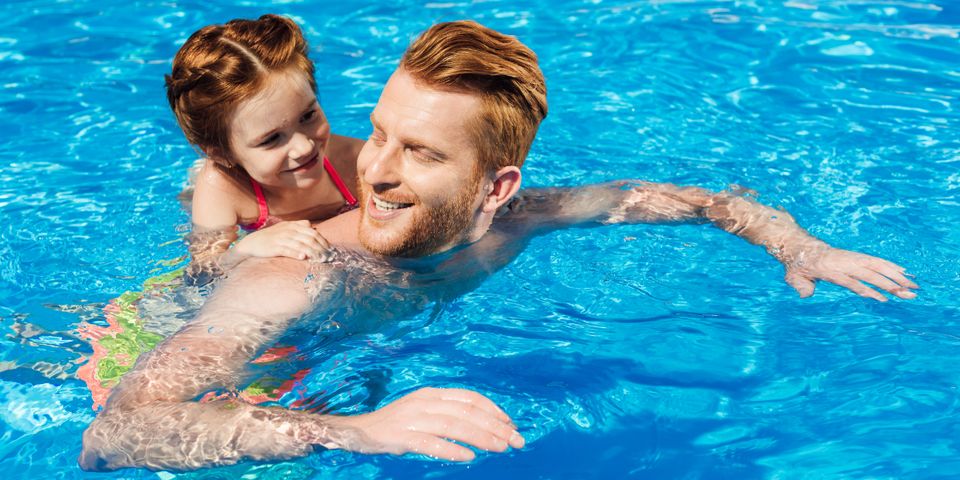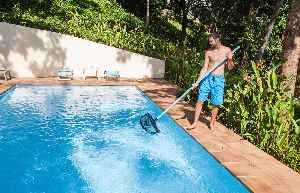
If you own a pool, maintaining the various components is essential for keeping the water feature clean and comfortable. Over time, some parts will inevitably fail and require replacements. Learn when it's time to replace the pool pump by reviewing the guide below.
When Should You Replace Your Pool Pump?
1. Stagnant Water
The pump's main responsibility is circulating water and chemicals throughout the pool to promote sanitation. When the system starts to fail, the pool water won't move, even if the pump sounds like it's operating normally. As the water sits still, mold and mildew can start to grow, and mosquitos may gather.
This issue can sometimes be resolved by clearing the filter of excess debris. A clogged screen can reduce water flow, preventing the system from keeping the pool clean. However, if the water still doesn't move after washing the filter, the pump likely needs to be replaced.
2. Overheating

If the pump and pool sit in direct sunlight, the pumping equipment will heat up during the day, but it should never be so hot that it hurts to touch it. Consider building or buying a structure to shade the pump system without limiting airflow. A canopy or wooden cover without walls will keep the equipment cool while still allowing you to access it.
If the equipment is still too hot in the shade, the motor is likely starting to fail. As this component becomes less efficient, the pump will use more energy to operate, resulting in higher temperatures. While this problem can often be resolved by replacing the motor, it's often one of the many symptoms of old age.
In general, the pump will last up to 15 years. If yours is nearing this age, replacing the whole pump may be a wiser decision. Not only will you reduce your future maintenance needs, but you'll also enjoy a newer model with more efficient operation.
3. Strange Sounds
The pumping system will make some noise as it operates, but the sounds shouldn't be annoying or disruptive. If the equipment gurgles, rattles, or screeches, something is wrong.
A gurgling noise indicates that air has infiltrated the system. This is often caused by clogged filters or low water levels. Make sure the filtration equipment is clean to allow water to flow easily through the system. Adding more water to the pool will prevent the skimmer flaps from sucking in too much air.
If you hear rattling from the pump, make sure it's properly mounted. Loose bolts or brackets won't effectively keep the equipment in place, and the system will vibrate and hit other components. Grinding or screeching noises indicate that internal parts have worn down. In most cases, getting a new pump may be better than having the individual pieces replaced.
If you need a new pump in Cincinnati, OH, reach out to Don Marcum's Pool Care. These technicians have served pool owners since 1967. They'll ensure you can enjoy a clean and comfortable swimming experience. Learn more about their services online, or call (513) 561-7050 to speak to a friendly team member about your failing pool pump.
About the Business
(144 reviews)
Have a question? Ask the experts!
Send your question

